A recent study reported a six times increase in prostate cancer among elite cyclists compared other cyclists. Prof Thomas, a Consultant Oncologist and Exercise Scientist has summarised the evidence for cycling and prostate health and explains why this data should not make men stop cycling provided some simple precautions are considered.
The increase in prostate cancer in men who cycled for >eight was compared with men < 3.75 hours per week not the general public. It is important to realise that people who exercise are x3 less likely to get cancer than the general population. Not surprising as it induces over 180 biochemical changes which protecting our DNA, block cancer growth and spread. These include:
Indirectly mechanisms – reduces obesity, increases mood and vitamin D levels.-
Direct mechanisms – Improves insulin sensitivity, lowers growth Insulin like Growth Factor (IGF); increases natural killer cells and lymphocytes, which improve immune recognition of cancer cells; reduces markers of inflammation such as prostaglandins.
Exercise, cycling and prostate health
Despite these reassurances, there are some factors related to cycling which could potentially have an influence on prostate cancer risk, these include:
- Repetitive compression to the perineum from the saddle, leading to recurrent inflammation of the prostate. Chronic inflammation is known to be a risk factor for cancer.
- Intense training increases testosterone levels immediately after intense or unaccustomed exercise, which could encourage early prostate cancer cells to grow. It also can produce reactive oxidative species (ROS) that damage DNA, the first stage in cancer initiation and progression.
How can cyclists improve prostate health?
First, don’t stop cycling, increased testosterone levels only occurs in the first 60 minutes and this effect rarely occurs in men over 55 years. Over time, testosterone levels actually drop below normal particularly among elite athletes. Likewise, oxidant enzymes are up regulated to compensate for the increase in ROS. Nevertheless, this issue highlights the importance of boosting the diet with polyphenol / anti-oxidant rich foods to help mop up these ROS.
It also would be sensible to consider practices which reduce chronic inflammation such as cutting out refined sugars; avoiding carcinogens such as acrylamides formed by super heating carbohydrates (crisps, rye bread, even some cereal and energy bars); reducing Polycyclic Aromatic Hydrocarbons and nitrates found in processed and burnt meats. Above all, it’s important to eat plenty of polyphenol rich vegetables, spices, herbs, teas, berries, vegetables and fruits.
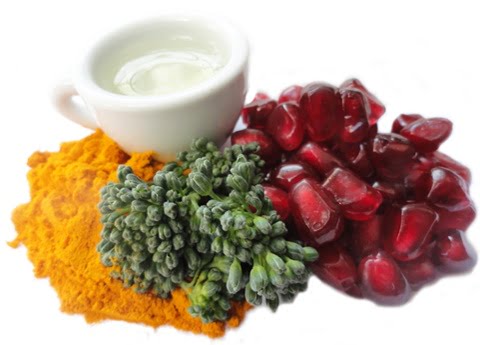
As well as this obvious benefit for cyclist, polyphenol rich foods are high in other nutrients essential for tissue repair including the cartilage within joints. Population studies have linked their higher intake with a lower risk of arthritis, a finding supported by laboratory experiments showing they directly protect cartilage generating cells from physical trauma and chemical toxins. For this reason, the pomi-t trials team in conjunction with the Department of Exercise Science at Coventry University are designing another double blind RCT, evaluating whether the ingredients in this supplement could reduce joint pains allowing greater exercise capacity. This would be relevant for people at any level of fitness ranging from those recovering from cancer suffering treatment related joint pains to elite athletes looking to improve their performance.
In conclusion, the biochemical changes, which arise after exercise, have significant cancer protection properties and current research, studies linking cycling with an increased risk of prostate cancer are fundamentally flawed. Nevertheless, the generation of free radicals and local inflammation remain potential concerns with intense cycling. Adopting an anti-inflammatory lifestyle, eating a healthy polyphenol rich diet or taking a whole food polyphenol rich supplement such as pomi-t would be very sensible practice.
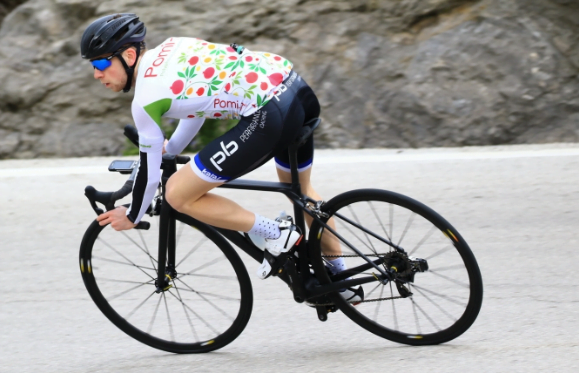
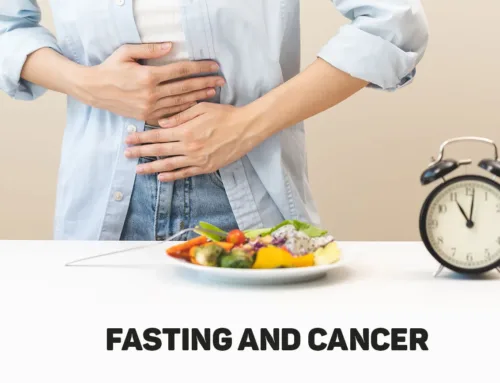
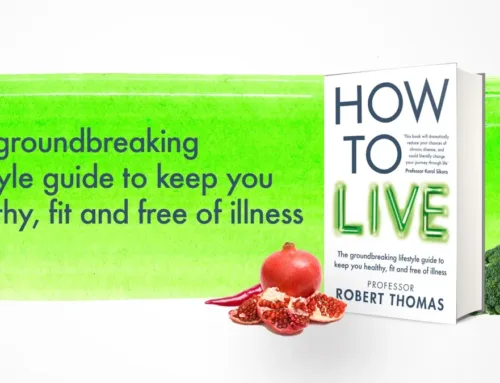
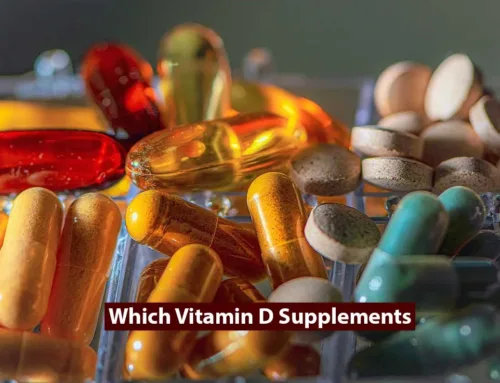
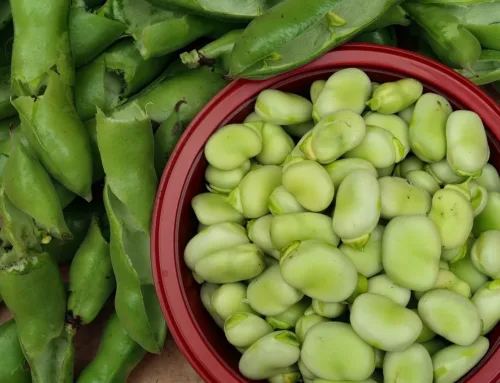
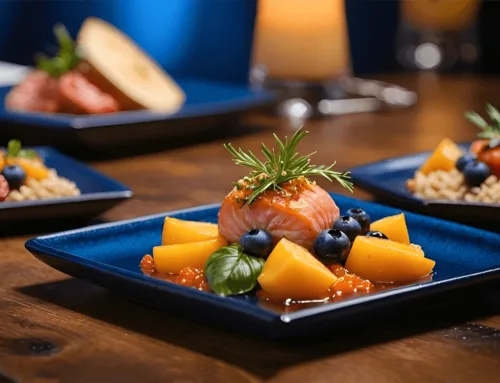
Thanks you for your kind comments
I have been a hard core cyclist for nearly 40 years. For the last 10 years I have waged an “on and off” battle with prostatitis with it usually lasting 3 months with each episode. The worst part is that most Doctors don’t understand or dismiss the relationship between a rigorous cycling regimen and prostrate issues and the patient therefore suffers through a number of ineffective treatments. If the issue goes on long enough it can become psychological. This information need to be taken seriously by the medical community so that better treatments can be developed.
Dave
Thanks for the post. Prostatitis is a little more common, as you know, in hard core cyclists. Obviously you have tried a softer saddle?
Unfortunately, prostatitis is linked to a higher rate of erectile dysfunction and cancer so its important t try and reduce it as much as possible. You may well have tried many strategies but it may be worth a looking at the chronic inflammation page on this site or if these fail the Pomi-T supplement.
If this fails probiotics or even CBD oils are worth exploring
Good luck